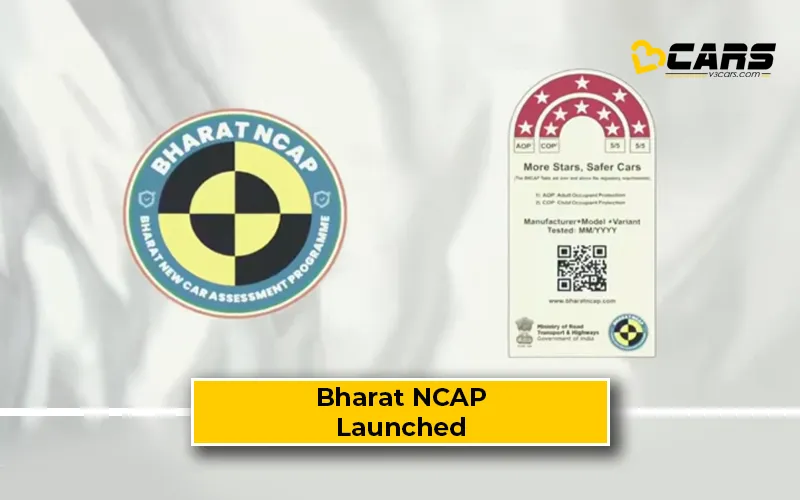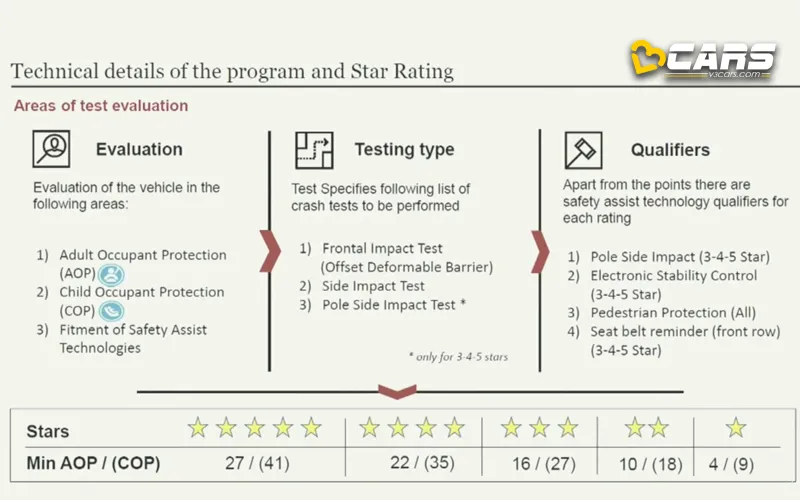Bharat NCAP Launched — To Become Fully Operational From October 1, 2023 | V3Cars
The Indian government launched the Bharat New Car Assessment Program, also known as Bharat NCAP, today. The new Bharat NCAP programme will become fully operational on October 1, 2023. The new crash test agency will start testing cars under the M1 category, which includes passenger vehicles comprising not more than 8 seats.

Bharat NCAP — How Does It Work?
The Bharat NCAP is modelled along the lines of the Global NCAP. Like GNCAP, BNCAP will use the Automotive Industry Standard 197, or AIS197, to conduct impartial, useful and objective crash tests and assign star rating to each vehicle based on their crash test performance. The aim of BNCAP is to enable customers compare the safety of different vehicles across segments.
Note: Instantly Sell Your Old Car With V3Cars Sell Used Car platform
Bharat NCAP is a voluntary program where manufacturers can send their vehicles to get them crash tested. The result structure will follow a star rating system for adult occupant protection (AOP) and child occupant protection (COP), with each model receiving up to 5 stars for both adult safety and child safety. Furthermore, the test will also assess other safety assistance systems like seatbelt reminders and airbags.

The standard test will include frontal impact test, side impact test and pedestrian protection. Vehicles that score a 3-star rating and above in the frontal and side impact test will further undergo tests for pole side impact, electronic stability control (ESC) and seatbelt reminders.
Note: Now Find Out The Fuel Price In India Using V3Cars
To qualify for the star rating, Bharat NCAP will award points that later determine the star rating for both adult and child safety.
|
|
|
|
|
|
|
|
|
|
|
|
|
|
|
|
|
|
|
|
|
The first phase of the Bharat NCAP will include standard safety tests like frontal impact and electronic stability program. However, the protocol for testing will see periodic revisions and could incorporate more stringent tests, like autonomous emergency braking (AEB), lane departure warning and rear impact protection, as more cars start offering advanced driver assistance systems (ADAS) in the future.
Also Read: Toyota Cars Now Come With Complimentary 5-Year Roadside Assistance


0 Comments